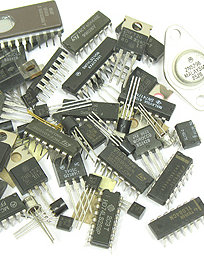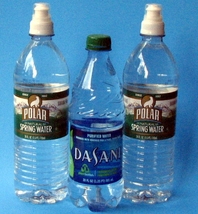
We have always been a creative country and as the 20th century started, we began to see how fast technology can change. Our patent system was created to protect the inventor for some number of years, but also, the patent was always required to teach others how the content of the patent worked, but also be able to learn from the material. But, the patent could not be infringed upon until the 17 or so years of protection had expired. But, international law and patent protection means little to countries that allow, even tacitly, the laws to be broken. And, the US is not the only country to be victimized. So, we see a flood of counterfeit products that have the ability to fail and cause serious problems. I ran across an article that focuses on China as a "lawless" violator, but there are others as well. But, since we have had our electronic products manufactured there, we are open to theft and inferior products. Please read the article in Business Insider by Michael Kelley and the spirited debate in the comments section. As always, there are two side or more with any issue. Here. Now I have to check my inventory of parts...



 RSS Feed
RSS Feed
